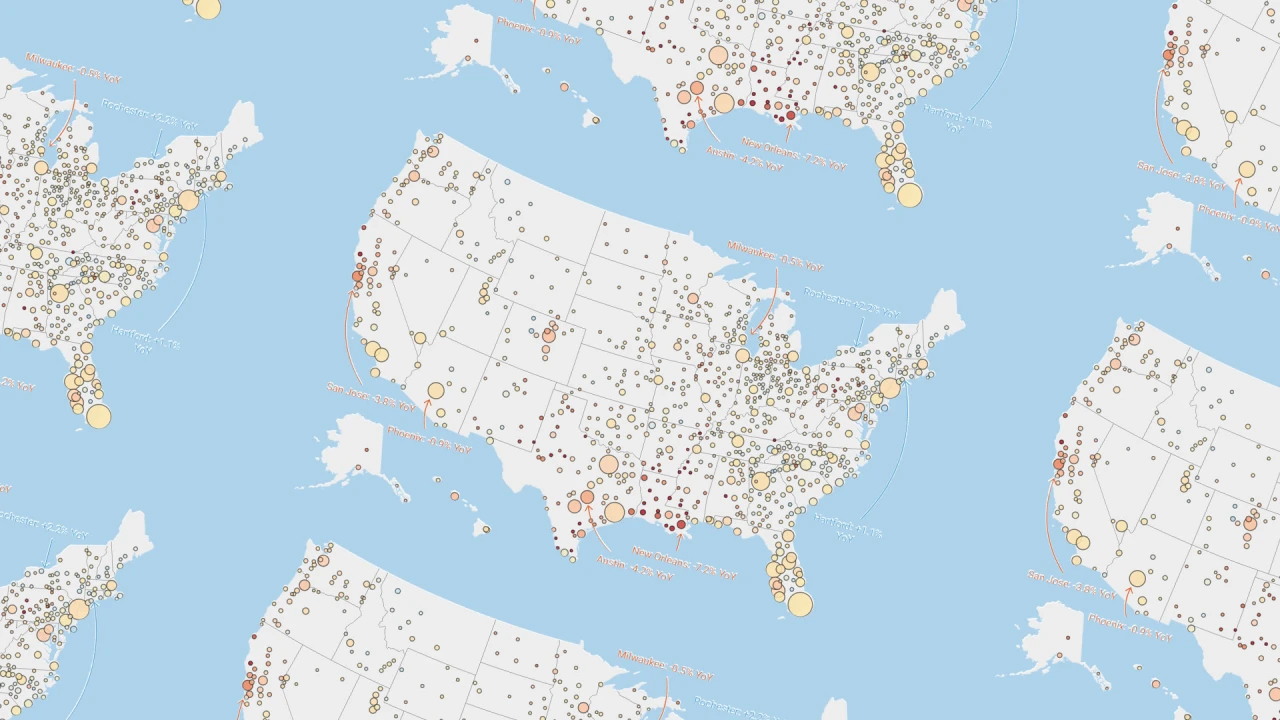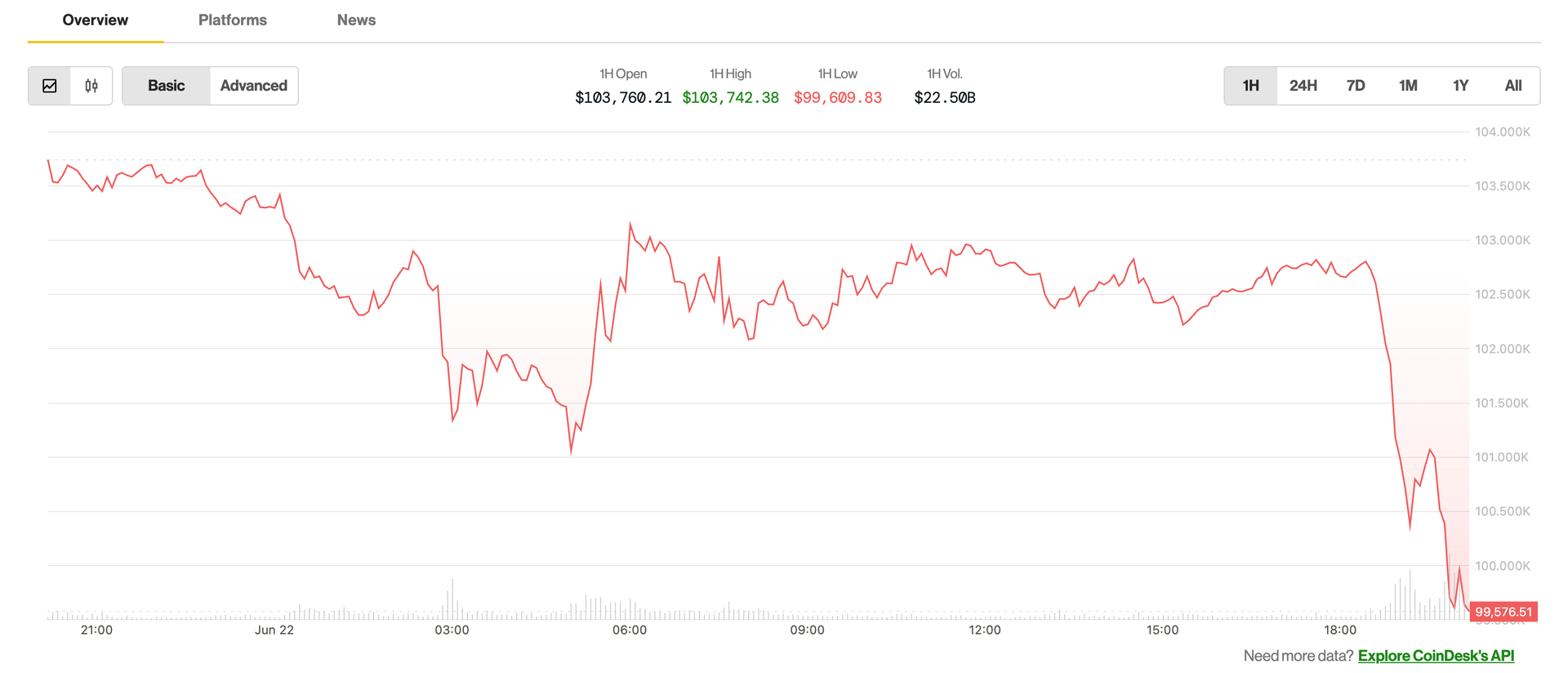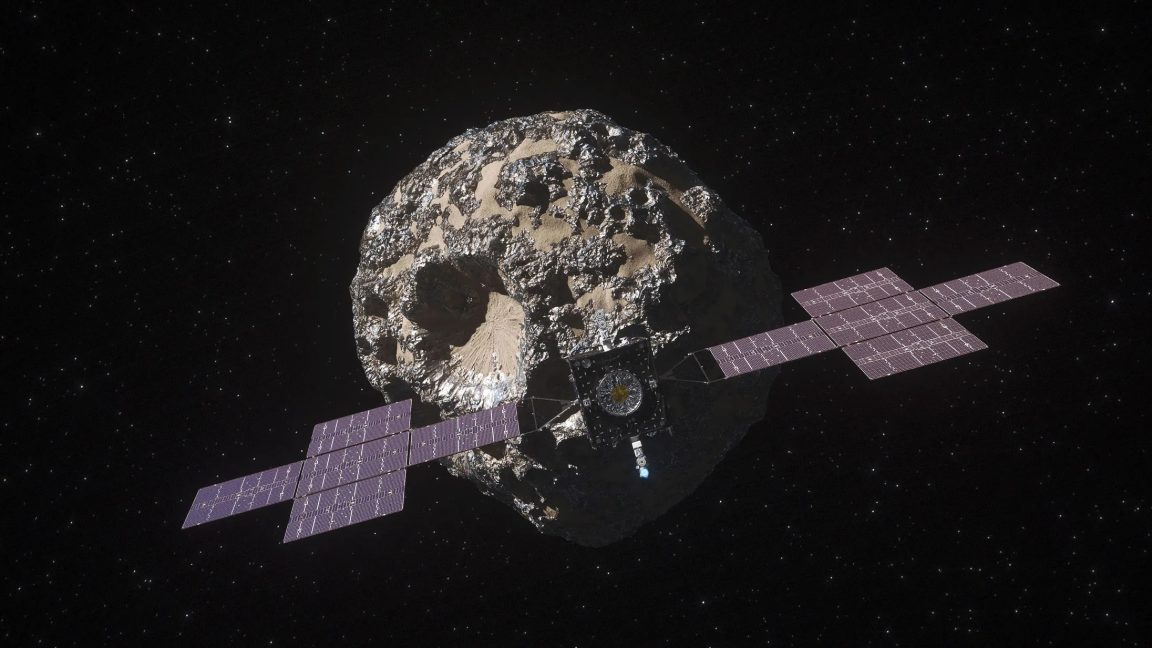Scientists Just Found Something Unbelievably Grim About Pollution Generated by AI
Data centers that power advanced artificial intelligence models are power hogs that spew pollution and the problem may become worst. Researchers in Germany published a study in the science journal Frontiers in Communication that suggests that large language models that are relatively bigger in size compared to smaller models used more energy and emitted more carbon. They were also more accurate. More on AI: CEOs Using AI to Terrorize Their Employees


Tech companies are hellbent on pushing out ever more advanced artificial intelligence models — but there appears to be a grim cost to that progress.
In a new study in the science journal Frontiers in Communication, German researchers found that large language models (LLM) that provide more accurate answers use exponentially more energy — and hence produce more carbon — than their simpler and lower-performing peers. In other words, the findings are a grim sign of things to come for the environmental impacts of the AI industry: the more accurate a model is, the higher its toll on the climate.
"Everyone knows that as you increase model size, typically models become more capable, use more electricity and have more emissions," Allen Institute for AI researcher Jesse Dodge, who didn't work on the German research but has conducted similar analysis of his own, told the New York Times.
The team examined 14 open source LLMs — they were unable to access the inner workings of commercial offerings like OpenAI's ChatGPT or Anthropic's Claude — of various sizes and fed them 500 multiple choice questions plus 500 "free-response questions."
Crunching the numbers, the researchers found that big, more accurate models such as DeepSeek produce the most carbon compared to chatbots with smaller digital brains. So-called "reasoning" chatbots, which break problems down into steps in their attempts to solve them, also produced markedly more emissions than their simpler brethren.
There were occasional LLMs that bucked the trend — Cogito 70B achieved slightly higher accuracy than DeepSeek, but with a modestly smaller carbon footprint, for instance — but the overall pattern was stark: the more reliable an AI's outputs, the greater its environmental harm.
"We don’t always need the biggest, most heavily trained model, to answer simple questions," Maximilian Dauner, a German doctoral student and lead author of the paper, told the NYT. "Smaller models are also capable of doing specific things well. The goal should be to pick the right model for the right task."
That brings up an interesting point: do we really need AI in everything? When you go on Google, those annoying AI summaries pop up, no doubt generating pollution for a result that you never asked for in the first place.
Each individual query might not count for much, but when you add them all up, the effects on the climate could be immense. OpenAI CEO Sam Altman, for example, recently enthused that a "significant fraction" of the Earth's total power production should eventually go to AI.
More on AI: CEOs Using AI to Terrorize Their Employees
The post Scientists Just Found Something Unbelievably Grim About Pollution Generated by AI appeared first on Futurism.






![The Largest Communities on Reddit [Infographic]](https://imgproxy.divecdn.com/vfTS-YsC_ZrqM6F4tAXJgV6qj3gCHSsf2dvHufDbrrQ/g:ce/rs:fit:770:435/Z3M6Ly9kaXZlc2l0ZS1zdG9yYWdlL2RpdmVpbWFnZS9sYXJnZXN0X3JlZGRpdF9jb21tdW5pdGllczIucG5n.webp)





























































































































































































